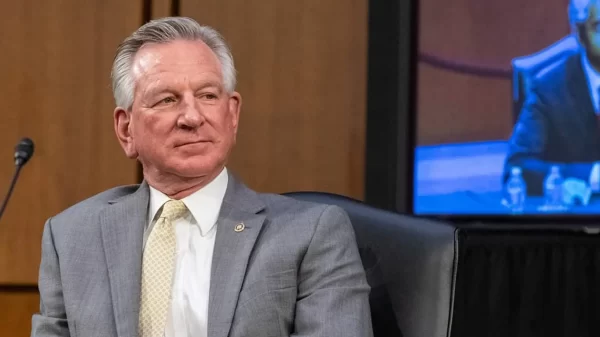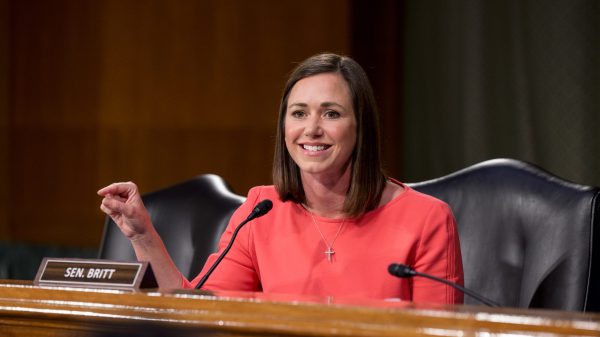The investigation into corruption within Alabama’s virtual schools remains active, with investigators from the FBI, Department of Education and the U.S. Attorney’s Office conducting interviews with a variety of school officials, lawmakers, former legislators and other government officials.
According to two sources with direct knowledge of the interviews, the investigators remained focused on issues involving Athens City Schools and Limestone County Schools, but also were concerned about virtual schools oversight throughout the state. Additionally, the questions indicated that the officials were concerned that lobbyists had undue influence over the legislation that allowed virtual schools in the state and possibly over potential investigations into wrongdoing.
“They spent a good deal of time on why no one in state government (who was in a position to do so) ever put a stop to what was taking place with these virtual schools,” said one source of the multi-agency investigation. “Eventually, someone has to ask why all these people who knew this was happening never put a stop to it.”
APR first reported more than a year ago that the FBI and DOE were investigating potential fraud within Alabama’s virtual schools. Federal officials announced last February the arrests of six individuals connected to a fraud scheme involving two virtual schools in Athens and Limestone County. Two of those indicted were superintendents — Trey Holladay in Athens and Tom Sisk in Limestone — and three of the six have since entered guilty pleas for their roles in the scam.
According to the indictments and subsequent guilty pleas, Holladay and Sisk were essentially using state and federal funds to buy phony student profiles and private school students’ profiles from consultants who claimed to be recruiting virtual students for the Athens and Limestone virtual schools. The fake students and private school students — many of whom never knew they were alleged to be taking classes in virtual schools — were counted as full students in the Athens and Limestone systems and those systems were awarded full per-pupil funding for them.
In exchange, the consultants allegedly kicked back some of the money to Sisk and Holladay. One of the consultants was Holladay’s wife, Deborah, who also has been indicted.
The sources who spoke to APR said the recent interviews conducted by the FBI, DOE and U.S. Attorney’s Office still focused on Holladay and the fraud that occurred in north Alabama, but they also were interested in other virtual schools and the origins of the virtual school legislation and its implementation.
“Ever since those arrests were made up there a lot of people have been wondering when the next shoe is going to drop on some others,” said a second source. “There was just too much money and too little oversight. It was too easy to manipulate, and a bunch of people did.”
Holladay’s case isn’t set to go to trial until Feb. 7, 2022.























































